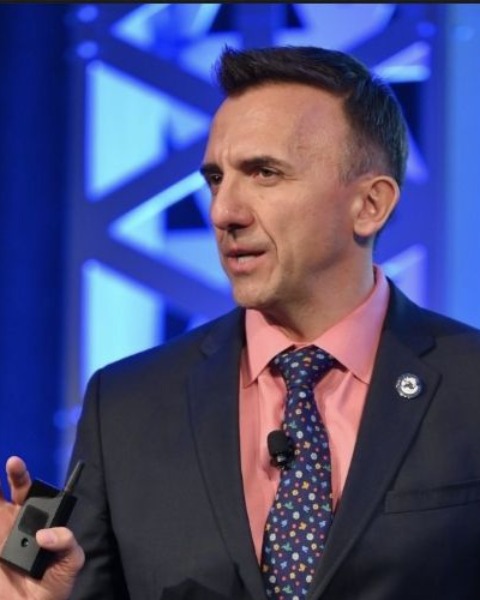Keynote
KEY-01 - KEYNOTE: One Size Does Not Fit All: Exploring Interventional Procedures for the Treatment of Refractory Migraines

Nebojsa Nick Knezevic, MD, PhD
Vice Chair for Research and Education and Clinical Professor of Anesthesiology and Surgery
Advocate Illinois Masonic Medical Center and University of Illinois, Chicago, IL
College of Medicine, University of Illinois
Chicago, Illinois
Presenter(s)
Migraines constitute a complex disorder with a strong genetic component, characterized by episodes of moderate-to-severe headaches which may unfold over hours to days. Migraine presentation is most often unilateral and generally associated with nausea and increased sensitivity to light and sound. Migraines are a highly prevalent condition, affecting 12% of the population, affecting up to 17% of women and 6% of men each year. In this session, besides defining refractory migraines, we will show results of different interventional modalities for treating refractory migraines from non-invasive techniques such as remote electrical stimulation, transcranial magnetic stimulation, true nerve blocks (such as occipital nerve blocks and sphenopalatine ganglion blocks), steroid injections, and radiofrequency techniques (pulses and ablation). We will discuss the use of peripheral nerve stimulation and other neuromodulation techniques in treating refractory migraines.
Interventional treatment options which target the inhibition of painful nerves constitute a promising avenue for patients with refractory headache disorders, and large randomized trials are needed to clearly demonstrate their efficacy.Learning Objectives:
